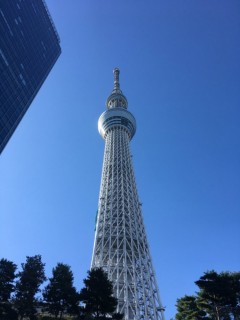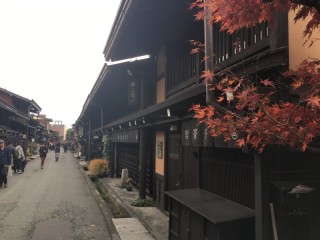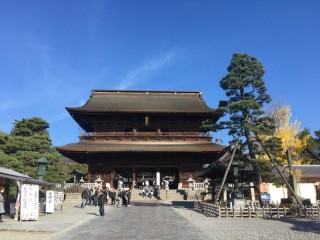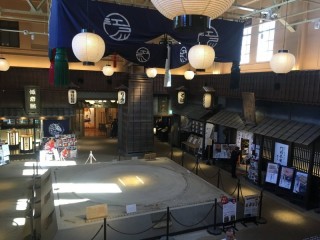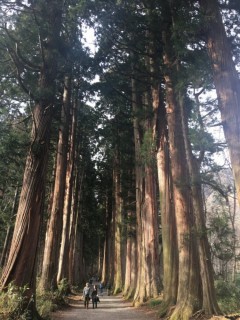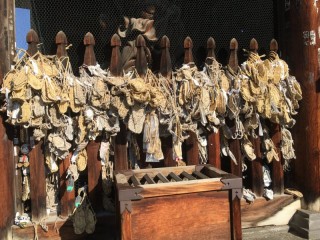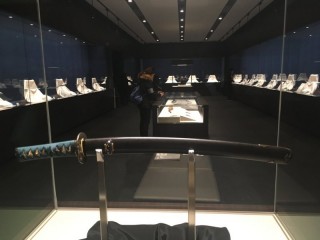Loading
Search
▼ Using the Hokuriku Arch Pass: A Trip For All
- Category:Tourism
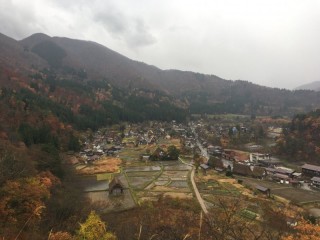
JAPAN TRAVEL
Itinerary by train through seven prefectures
Incorporating the stunning Japan Alps, picturesque coastline and historic cities, not to mention a rich cultural and culinary culture, the Hokuriku area is an unmissable part of any Japan trip.
For my latest journey, I bought a Hokuriku Arch Pass. Launched in April 2016, this train pass offers Japan visitors unlimited rides for seven days on the Hokuriku Shinkansen and other selected trains between Tokyo and Kyoto, via Saitama, Gunma, Nagano, Niigata, Toyama, Ishikawa, Fukui, and Shiga prefectures. By covering such a vast and varied area, the pass offers access to literally something for everyone.
Before departing Tokyo, I checked out some of the city’s highlights. Although Tokyo Sky Tree tends to be crowded, the unparalleled views of the city and Mount Fuji still make it a must-see attraction, particularly in the winter when brilliant blue skies are most likely. The area around the highest free-standing broadcast tower in the world is also fun, with plenty of seasonal activities and eateries to try.
Budding martial arts practitioners will love the roof-tile breaking offered in Togoshi-Ginza. While running a roofing business, the proprietor developed tiles will a special groove in their center that makes them easy to break with minimal contact. My group and I donned happi coats and gloves to use karate-style movements to break stacks of tiles: a truly unique experience.
To replenish our energy, we enjoyed a meal traditionally served to sumo wrestlers: chanko-nabe (a hot pot of meat, fish and vegetables), in the sumo area of Ryogoku. The life-size sumo ring as well as sumo memorabilia and souvenirs in the complex made it extra special.
From sumo to snow, we headed next to Nagano City, where we checked out Zenkoji Temple. Established about 1,400 years ago, this beautiful structure is believed to be the only temple in Japan founded by a citizen, whose name was Yoshimitsu.
Legend has it that he heard a voice coming from a discarded holy statue and set up a place to worship it in his home. Later, he constructed a temple to accommodate visits by more people. For this reason, Zenkoji Temple has always been a temple with no sect or denomination and for both men and women, even when women were not welcome at holy places in Japan.
Since ancient times, people from across Japan have been encouraged to visit the temple at least once, which has drawn many pilgrims. Replicas of their traditional straw shoes adorn the entrance.
Since ancient times, people from across Japan have been encouraged to visit the temple at least once, which has drawn many pilgrims. Replicas of their traditional straw shoes adorn the entrance.
- March 5, 2018
- Comment (0)
- Trackback(0)


